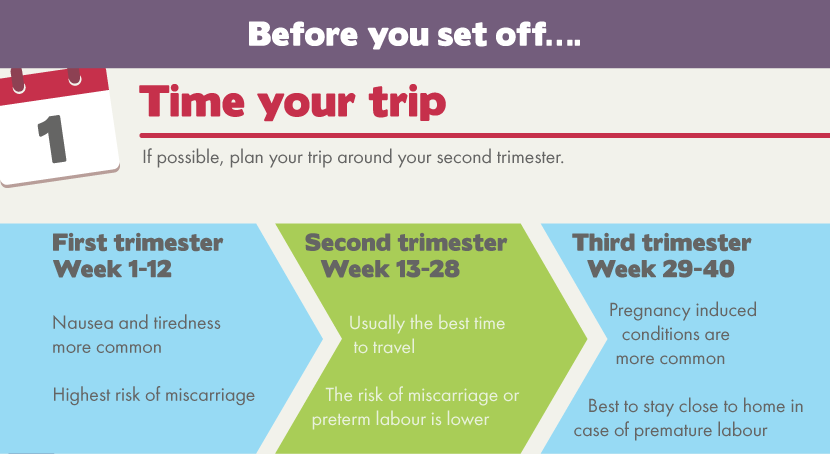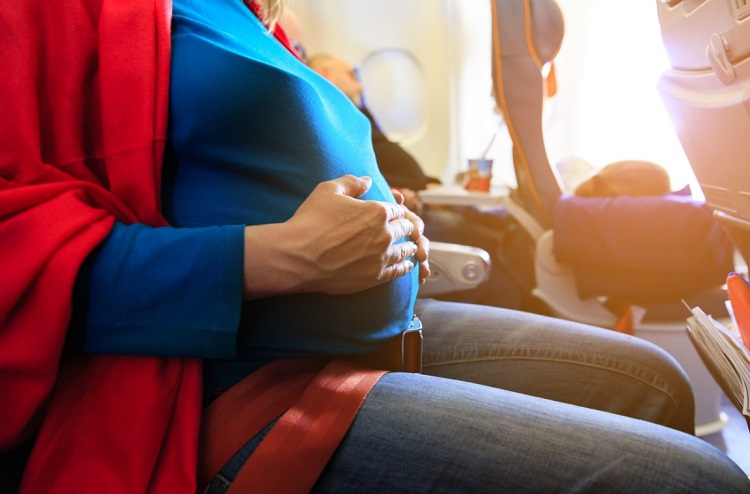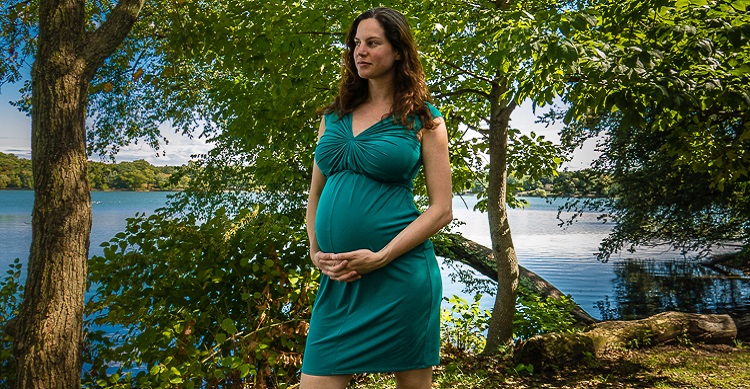Pregnancy is the most wonderful phase in any woman’s life. You wait for days to get this good news, and when you get it your happiness gets doubled; your life gets full of joy and excitement. You count days to welcome the new member. Your family and friends shower their blessings on you and on your baby growing inside your womb. This undoubtedly is a very exciting phase in your life but you must not forget to take special care of yourself. You should take precautions in everything you do. Initial 3 months are very important and you have to be more cautious. Travelling during pregnancy is a very big question for everybody. You should first consult your doctor after you get pregnant. As per his or her instructions you should plan your next 9 months. As per doctors all over the world, if you don’t have complications you can go travel safely, otherwise it is advisable not to travel. My earnest suggestion is to always do what the doctor suggests.
Table of Contents
Complications
Like every child is different, each pregnancy can be different. In fact, a lady can have two completely different pregnancies. Some pregnancies come with some complications whereas some pass like a breeze. There are a number of complications found in ladies during pregnancy. Some of these are:
- High blood pressure
- Cervical infections
- Past pregnancy loss/ miscarriage
- Diabetes
- Urinal infections
- Preeclampsia
- Ectopic pregnancy
By observing symptoms like bleeding, nausea, severe backache, body swelling, your doctor suggests and guides you about the precautions that you need to take.
Travel issues: Travelling during pregnancy is safe for them who are in the safe pregnancy condition. Ladies who have complications may face some travel issues like blood clot and miscarriage and thus, the risk should not be taken.
Let us talk about travelling in each trimester to make things easier:

Travel during the first trimester
In the first trimester, your body first time faces the hormonal changes. Due to this you feel tired all the time and can also experience morning sickness, nausea, and fatigue. You might bleed due to implantation that occurs in your uterus. You may feel like vomiting all the time, you get a strong smelling sense. This period is very delicate to deal with, most of the miscarriages happen during this time. As the new foetus is in its development stage, a little jerk in your body or exhaust travel can lead to a huge loss. Most doctors advise every pregnant lady not to travel during the first trimester unless it is really urgent. If some unavoidable situation occurs and you get bound to travel, then you can take progesterone tablets or injections before travelling by consulting your gynaecologist. It helps the foetus to get attached to the uterus wall strongly.
Travel during the second trimester
If you want to take a break and travel, then the 2nd trimester is the most suitable time after you get approval from doctor. The foetus gets its position solidified inside the uterus, and all the sickness you suffer during the initial trimester vanishes during this period. For most of the pregnant ladies this is the easiest and most comfortable part of the pregnancy. Sometimes, doctors allow to travel but with special instructions. As I had a difficult time to conceive, my doctor gave me progesterone injections before I travelled.

Travel during final trimester:
Doctors advise not to travel during the last trimester. The amniotic fluid gets affected if you go for a long journey. If travelling cannot be avoided you should consult your doctor and take appropriate precautions strictly suggested by your doctor. Many people like to go for their baby moon and it is advisable for them to travel in the second trimester or in the beginning of the third.

Mode of travel
Air travelling is easy between the 4th and the 7th month and very long journeys must be avoided. Doctors advise to walk at regular intervals if taking long flights. Many airlines ask for doctors’ certificate of fit to travel after 34 or 36 weeks and some do not allow in normal circumstances. This is something that must be checked before the travel plans are made. The seat belt has to be fastened below the abdomen and there should be ample of fluid intake. With some basic things in mind, air travel for a large part of the pregnancy, after permission from the doctor, is fine.
Road travels are less safe as compared to the former one. Usually it is advised to avoid long bus journeys as they can have many jerks. You get a narrow passage on the bus and you cannot roam there if feel uncomfortable. Traveling by car is still safer.
Train travel is the safest mode of travel during pregnancy. You get a comfortable space to rest on and you can also walk around and lie down as and when needed.

Precautions to be taken while travelling
- Get all your medicines prescribed by your doctor and take with you while travelling; this is the most important thing to do. Carry your prenatal records with you.
- Carry water and food with you and keep yourself hydrated all the time.
- Dress comfortably and wear a loose and comfortable dresses.
- Stretch your body at regular intervals.
- Take one-two pillows with you.
- Wear seat belts and take all safety measures while travelling in a car.
Travel usually makes one refreshed; same is applicable for the pregnant ladies. As your pregnancy is in a safe zone you are free to have fun while travelling, while being a little cautious.





[…] (You may like to read our post, How to Travel During Pregnancy) […]